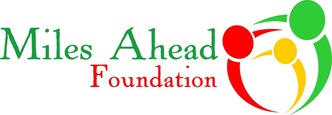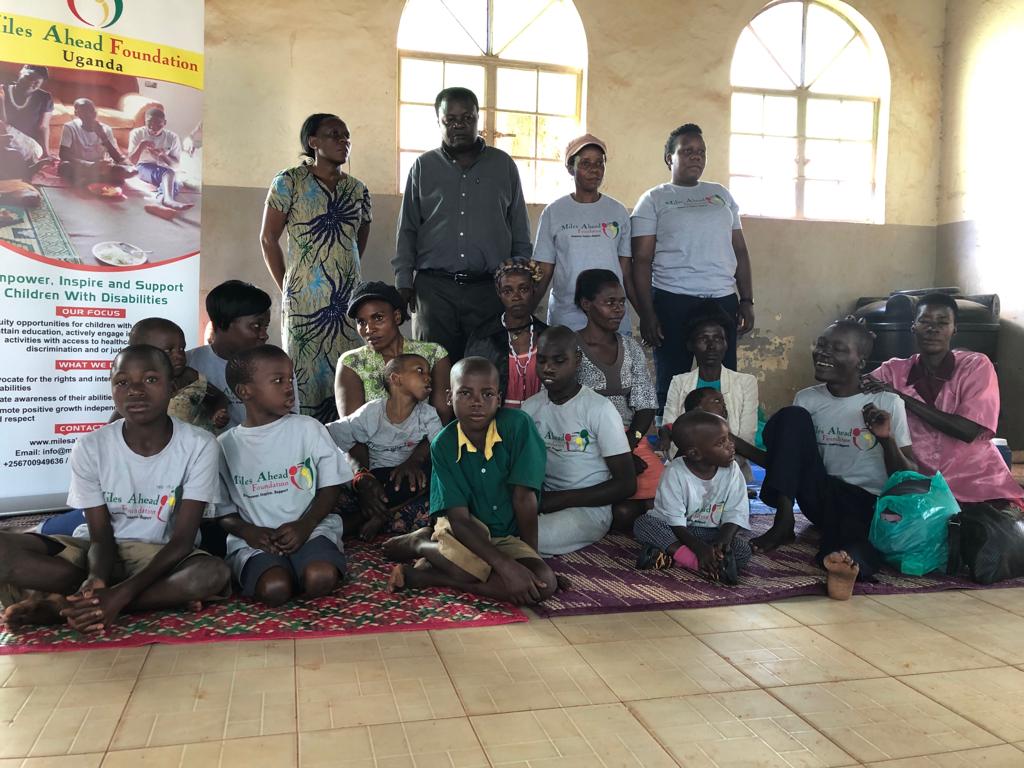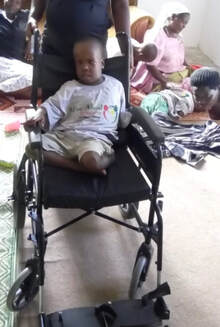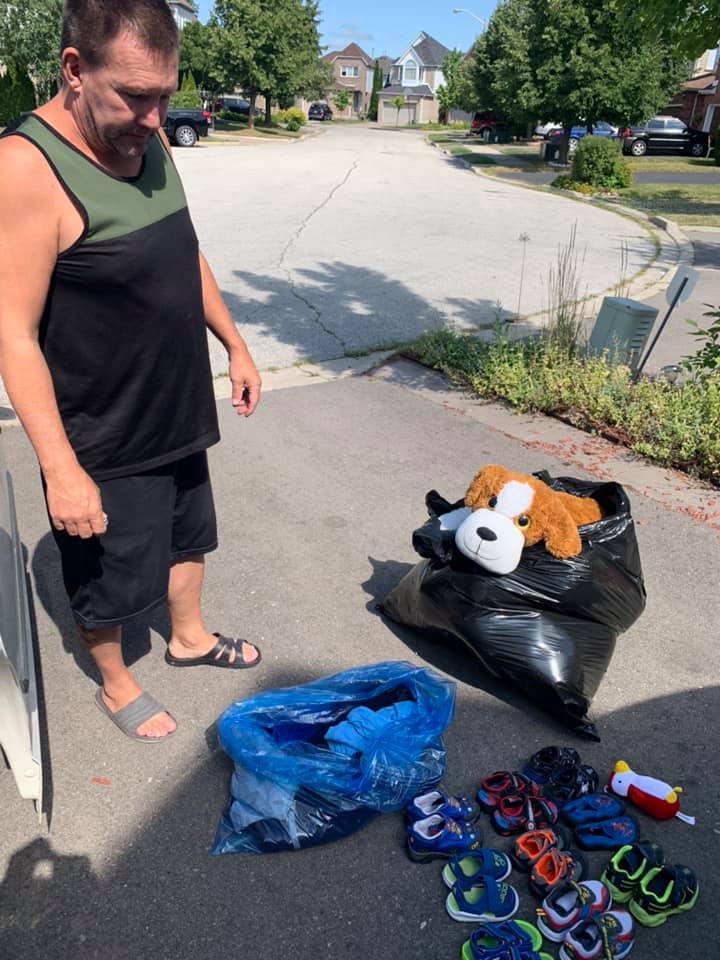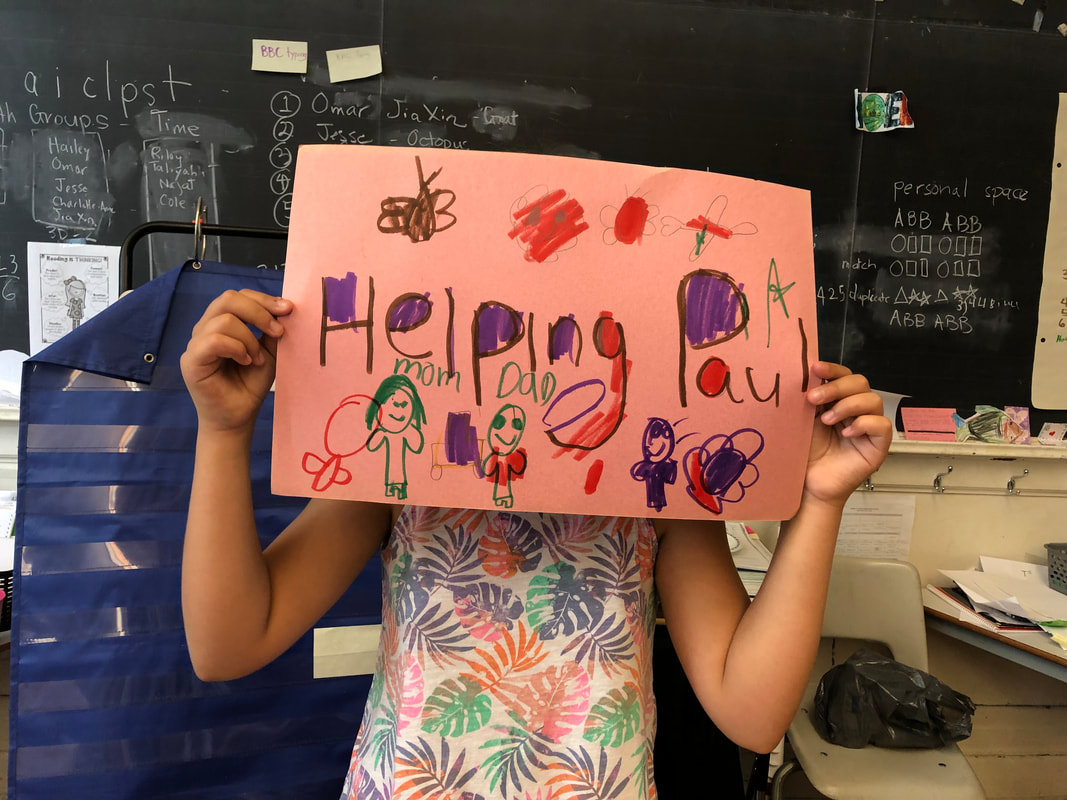Disability a "hidden existence"
In Uganda individuals with disabilities are the most neglected population in both the public plan/policy and within the private realm (The African Policy and Forum). People with disabilities face numerous barriers including economic, political and social. These barriers hinder cognitive, physical development and tremendously affect individuals’ social sphere and well-being.
According to the Ministry of Education 16.9% of people with disability are not successful within the academic realm. With an estimate of 2% epilepsy, 3% manic depression, and 20%-30% mental disorders. With appropriate support and programs that recognize individuals with disabilities, they can be able to learn practical skills that can make them positive contributors to the society.
In Uganda individuals with disabilities are the most neglected population in both the public plan/policy and within the private realm (The African Policy and Forum). People with disabilities face numerous barriers including economic, political and social. These barriers hinder cognitive, physical development and tremendously affect individuals’ social sphere and well-being.
According to the Ministry of Education 16.9% of people with disability are not successful within the academic realm. With an estimate of 2% epilepsy, 3% manic depression, and 20%-30% mental disorders. With appropriate support and programs that recognize individuals with disabilities, they can be able to learn practical skills that can make them positive contributors to the society.
Disability a Circle of Poverty
In a developing country like Uganda, the economic situation of individuals with disability is alarming. In Uganda, persons with disabilities are still denied access to services like health, education and other needed services (National Union of Women with Disabilities of Uganda).
School enrollment for children with disabilities is estimated 5% - 10% and as many as 80% of working age people with disability are not employed.
Disability a “curse”
Disability is considered to be a curse brought to the family through woman, so the burden of care falls on the shoulder of a woman to take care of children with disability (C. Lwanga, 2002). Every person is valuable and should be provided an environment in which she/he can develop to their maximum potential. (Terre des Hommes Nederland, 2007).
We all live in the world where we long to be accepted based on who we are not what we are. Join Miles Ahead in the struggle to create an inclusive community based on compassion and empathy for all.
Together we can advocate for individuals with special needs, empower, support and educate their families.
Disability is considered to be a curse brought to the family through woman, so the burden of care falls on the shoulder of a woman to take care of children with disability (C. Lwanga, 2002). Every person is valuable and should be provided an environment in which she/he can develop to their maximum potential. (Terre des Hommes Nederland, 2007).
We all live in the world where we long to be accepted based on who we are not what we are. Join Miles Ahead in the struggle to create an inclusive community based on compassion and empathy for all.
Together we can advocate for individuals with special needs, empower, support and educate their families.
What We Do
Our StoryMiles Ahead Foundation was established with the hopes of creating change in our community. Since our start, we have made a tremendous impact in the lives of those served.
|
